Erdoğan has been reelected as President. The opposition of a fragmented structure, imitating the AKP of 2002 and seeking to come to power by embracing the “wind” of the West, suffered defeat and fell into great turmoil.
The country continues to grapple with a severe economic and social crisis. Rising prices, declining purchasing power and housing problem are making life more difficult.
Meanwhile, the security threat posed by millions of Syrian, Afghan, Pakistani, and various other refugees persists. In terms of foreign policy, the question looms large: How long can Türkiye maintain the “balance policy” between the West and the East, in the narrowing gray area following the war in Ukraine.
So, what path will Erdoğan take in foreign policy in his new term to address the ongoing problems?
Orientation of the new “Cabinet”
Erdoğan’s newly announced the Cabinet after the elections provides clues about the path he will take. The statement made by Mehmet Şimşek who took over the helm of the economy, is significant in understanding the new direction: “Türkiye has no choice but to return to a rational ground in the economy”.
Considering Şimşek’s background (a graduate of Exeter University, previously served as an economist at the US Embassy in Türkiye) and his actions during his tenure as a minister between 2009 and 2015, we can say that the AKP has once again turned its economic course towards the West. “The immutable rule” suggests that fully turning towards the Western-centric economic world requires reaching an agreement with the US.
The appointment of former National Intelligence Service (MİT) Chief Hakan Fidan as Minister of Foreign Affairs can also be read within this “immutable rule.”
In his new role, it seems likely that Fidan will pursue a policy in harmony with the US, which is compatible with the new economic course.
The Türkiye-US-Russia triangle
The United States will continue its moves to break relations between Türkiye and Russia.
The question is, how will the AKP try to soften these moves within the framework of its policy of balance, without damaging relations with the United States?
Given the collaborations between Türkiye and Russia, particularly in terms of economy and energy, it is highly unlikely for Ankara to suddenly make a U-turn towards the West and participate the sanctions on Russia.
However, it can be expected that existing collaborations with Moscow will be maintained while slowing down the progress. In such a scenario, obstacles may arise in the Russia-mediated normalization process between Türkiye and Syria, and the question of the refugee issue in Türkiye may come into play.
With regard to the statelet in northern Syria, attempted by the PKK/YPG with the US support, there is a possibility that US’s softening its rhetoric and actions in order to reach an agreement with Ankara.
However, considering its strategy in West Asia, it does not seem likely that the US will abandon this plan in the medium and long term.
The balance policy: How far?
The AKP calls its approach a “balance policy.”
With this policy, relations with Russia have been developed despite being a NATO member.
Similarly, despite ongoing relations with Eastern countries, a definitive break with the West has been avoided.
Of course, it is not only Türkiye’s internal dynamics or Ankara’s choices to determine which side of the scale, the West or the East, will outweigh in that balance policy. In this respect, it could be argued that Erdoğan’s government will take position pragmatically according to the course of the arm wrestling between the West and the East.
The general course of the world, the arm wrestling between the West and the East over Ukraine, will also influence Türkiye’s new orientations.
In this respect, it could be argued that Erdoğan’s government will take position pragmatically according to the course of the arm wrestling. But there is an undeniable fact that global dynamics have narrowed the ground on which this pragmatic and flexible policy of “balance” can be implemented…
The time to choose sides is coming…







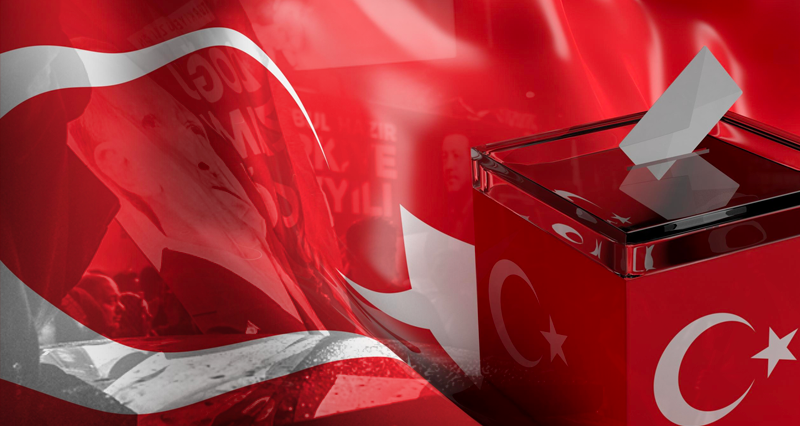
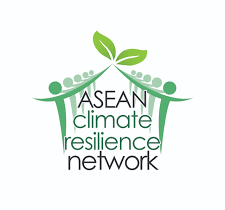
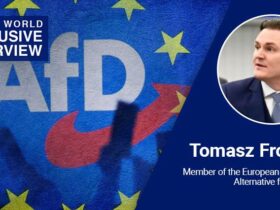

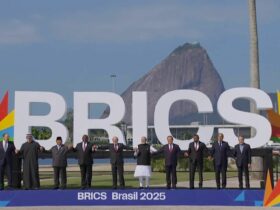


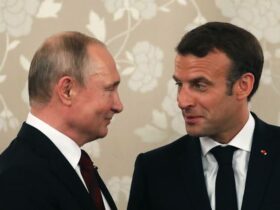


Leave a Reply